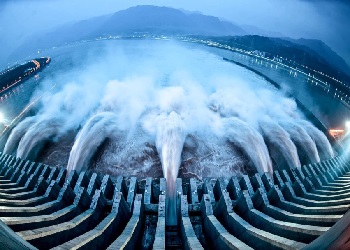Georgia has a number of laws and regulations governing water resources, dating back to the late nineties and partially amended after 2003. Changes, however, have not always followed a clear and coherent strategy. As a result, in the words of the United Nations Economic Commission for Europe (UNECE), the current legislation is an “unworkable and fragmented system”. The Government of Georgia (GoG) has started changing the Georgian water management legislation to meet the obligations deriving from the Association Agreement (AA) signed with European Union (EU) in June 2014. The implementation of the principles of the EU Water Framework Directive (EU WFD), is seen as a possible solution for the pressing challenges characterizing Georgia’s water management sector, the main ones being water pollution and the inefficient use of water resources.
The reform is going to affect a large number of parties, that – for simplicity – can be grouped into two main groups, private sector (including civil society) and government. During our Regulatory Impact Assessment (RIA) exercise, we have identified and approached a large number of stakeholders from both groups (Table 1.1), whose opinions were carefully taken into account during development of the report. A summary of the procedural issues and of the positions of different stakeholders is in section II of the report, while the extended version is in Appendix 1.











